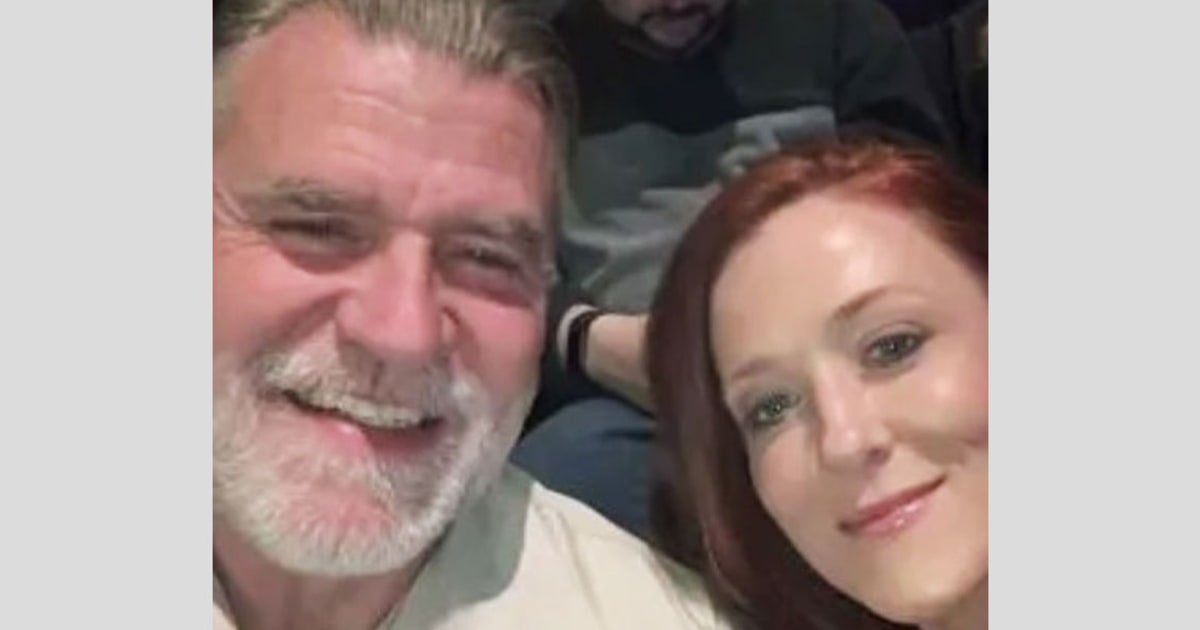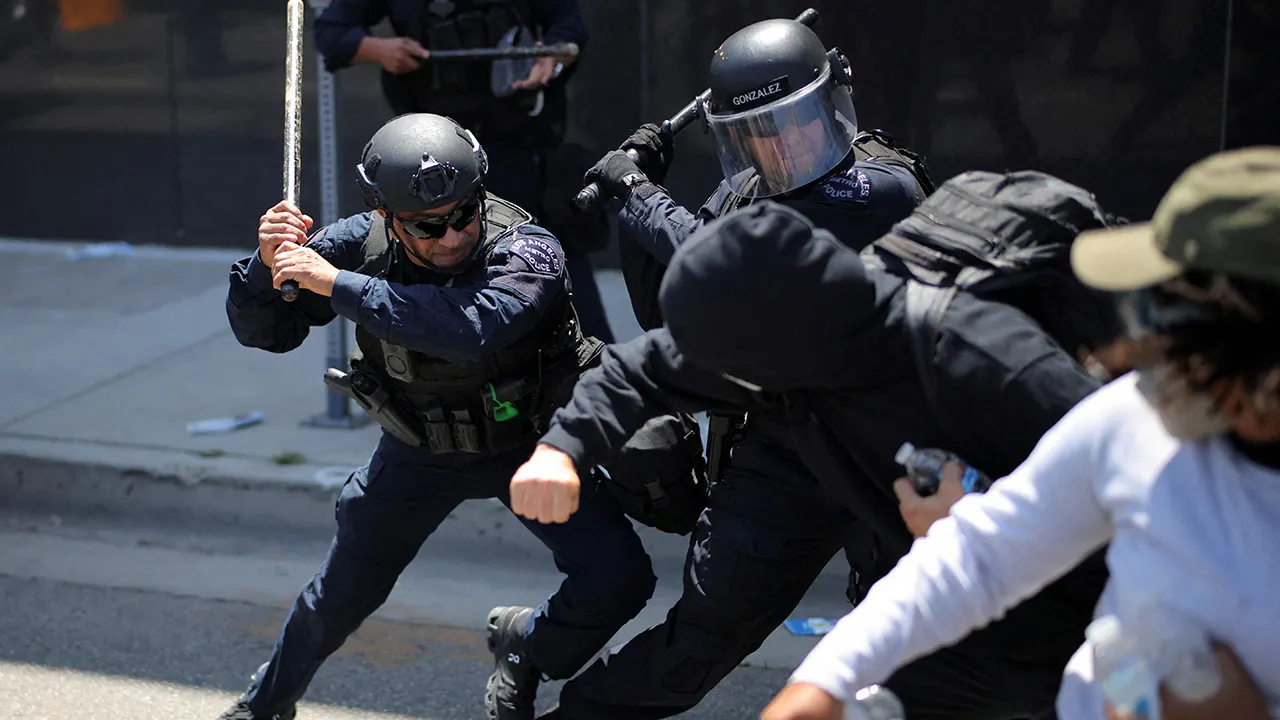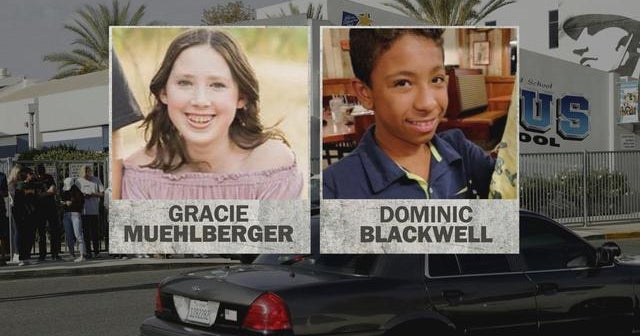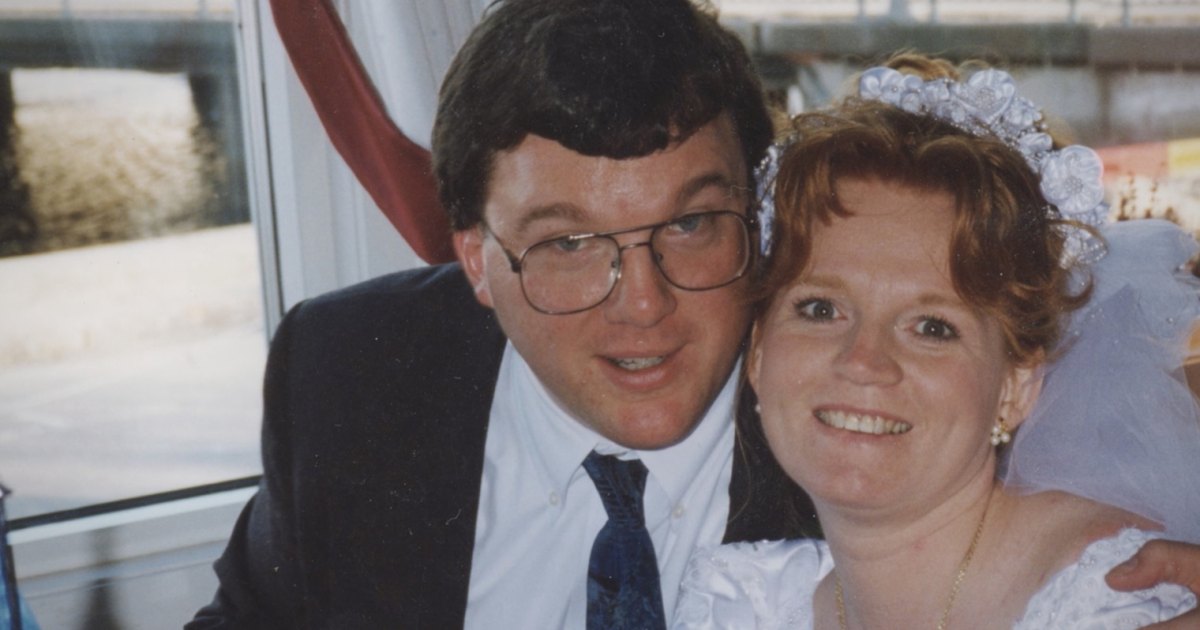Massachusetts Physician Convicted of Voluntary Manslaughter in 2020 Case
In a verdict that has sent shockwaves through Massachusetts, a prominent physician was convicted of voluntary manslaughter for the 2020 death of his wife. The jury delivered its decision after weeks of emotional testimony, marking the culmination of a case that has gripped the public and sparked debates about domestic violence, mental health, and legal accountability.
The Case That Shook the Medical Community
Dr. Jonathan Walsh, a 52-year-old cardiologist from Newton, Massachusetts, was arrested in October 2020 after his wife, 49-year-old Lisa Walsh, was found dead in their home. Initially reported as a possible suicide, the investigation took a dramatic turn when forensic evidence suggested foul play. Prosecutors argued that the altercation escalated from a domestic dispute, while the defense claimed temporary insanity due to extreme emotional distress.
Key details of the case include:
- Timeline: The incident occurred on October 12, 2020, with Dr. Walsh calling 911 just after midnight.
- Forensic Evidence: Bruising on Lisa Walsh’s neck and inconsistent statements from Dr. Walsh led to homicide charges.
- Legal Strategy: The defense cited Dr. Walsh’s previously diagnosed depression and a “moment of passion” as mitigating factors.
Prosecution and Defense: A Clash of Narratives
Assistant District Attorney Rebecca Cho described the case as “a tragic example of how unchecked anger can destroy lives.” She emphasized that Dr. Walsh had a history of volatile behavior, citing police reports from two prior domestic disturbances in 2017 and 2019. “This was not an isolated incident,” Cho argued. “It was a pattern of control that ended in tragedy.”
Conversely, defense attorney Michael Ruiz painted his client as a devoted husband pushed to the brink. “Jonathan Walsh was a man drowning in his own despair,” Ruiz told jurors. “He snapped during an argument—something he will regret for the rest of his life.” A forensic psychiatrist testified that Dr. Walsh suffered from severe depression and PTSD, which impaired his judgment.
Domestic Violence Statistics and Legal Precedents
The case highlights broader issues surrounding domestic violence, which accounts for 1 in 5 homicides in Massachusetts, according to the state’s Department of Public Health. Nationally, the CDC reports that 1 in 4 women and 1 in 10 men experience intimate partner violence. Legal experts note that voluntary manslaughter convictions in domestic cases often hinge on proving sudden provocation versus premeditation.
“Cases like this force us to examine the line between crime and crisis,” said Dr. Helen Carter, a criminologist at Boston University. “The legal system struggles to balance punishment with the mental health complexities often present in domestic homicides.”
Public Reaction and Ethical Questions
The trial divided public opinion. Some viewed Dr. Walsh as a privileged professional who evaded a murder charge, while others expressed sympathy for a man they believe acted in a moment of psychological collapse. Online forums and local media outlets were flooded with debates about spousal abuse, gender biases in the justice system, and the responsibilities of medical professionals.
Notably, the Massachusetts Medical Society revoked Dr. Walsh’s license pending sentencing, citing ethical violations. “Physicians are held to the highest standards of conduct,” said society president Dr. Aaron Klein. “This case is a sobering reminder of that duty.”
What Comes Next for Dr. Walsh and the Legal System?
Dr. Walsh faces up to 20 years in prison at his sentencing next month. Legal analysts predict an appeal, given the contentious nature of the psychiatric testimony. Meanwhile, advocates for domestic violence survivors hope the case will spur policy changes, such as stricter monitoring of repeat offenders and better mental health resources for families in crisis.
For now, the Walsh case serves as a grim reminder of how quickly domestic conflicts can escalate—and the lasting scars they leave behind. If you or someone you know is experiencing domestic violence, contact the National Domestic Violence Hotline at 1-800-799-SAFE (7233) for confidential support.
See more CNN Headline



